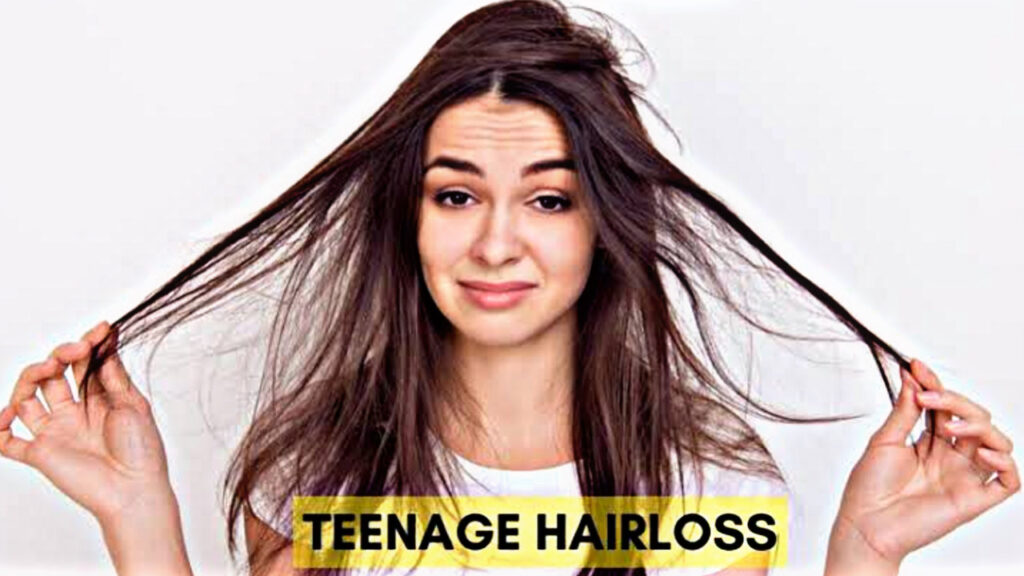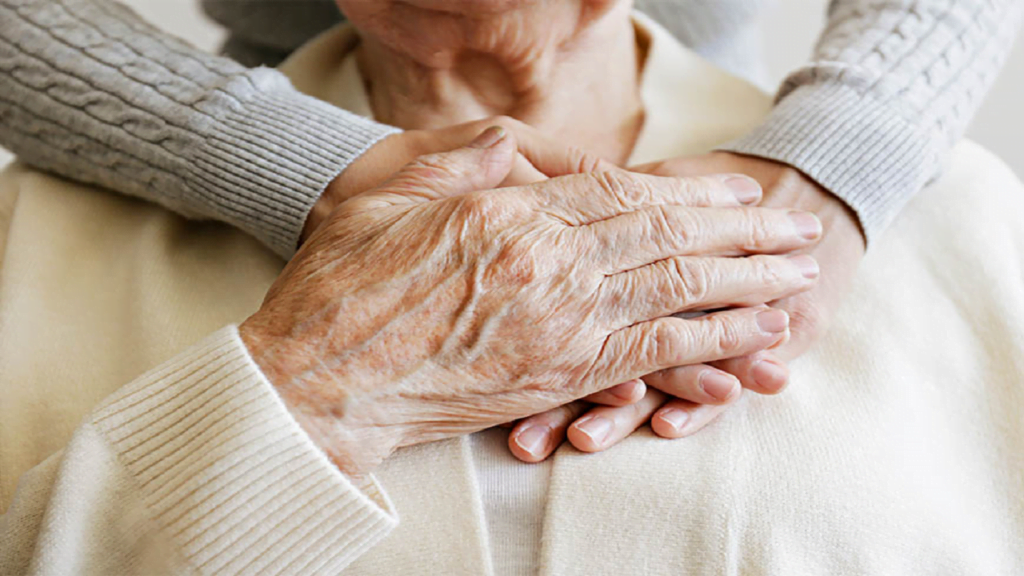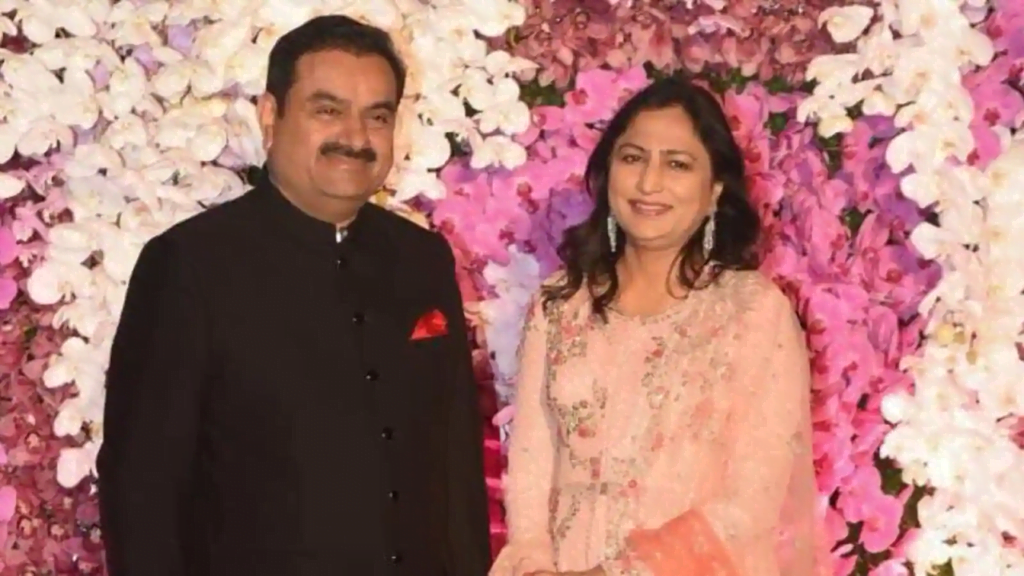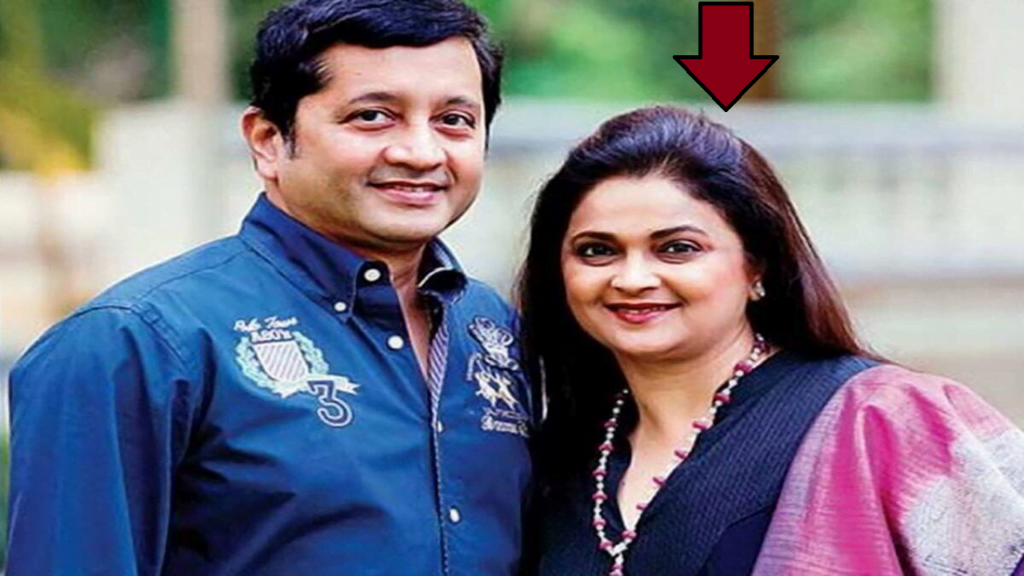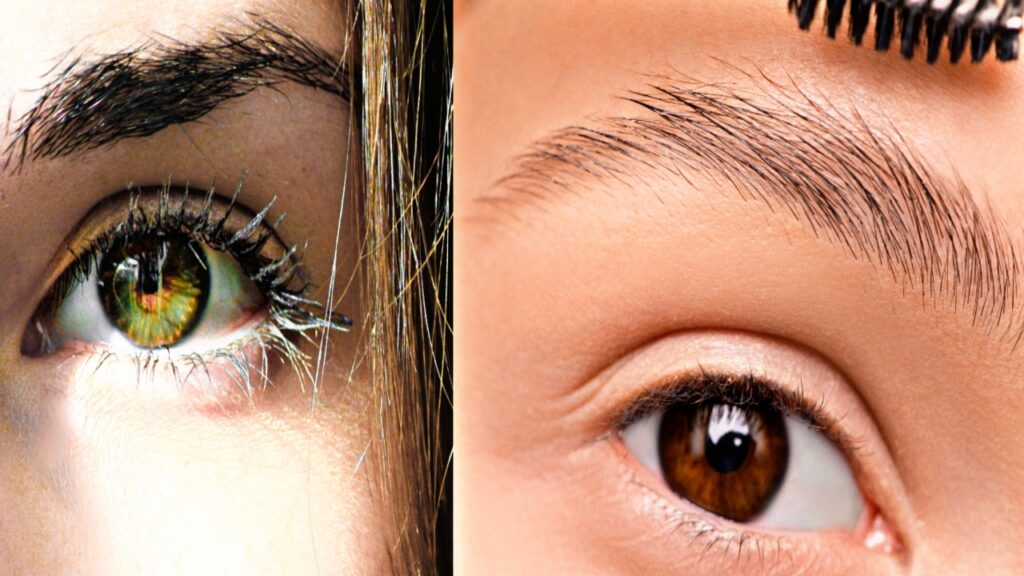Hairfall
Hair fall is no longer just a concern for older individuals. Increasingly, people in their 20s and 30s are noticing hair thinning, hair fall, and even early signs of balding. While it may seem surprising, early hair fall is becoming more common due to a mix of lifestyle, dietary, and medical factors.
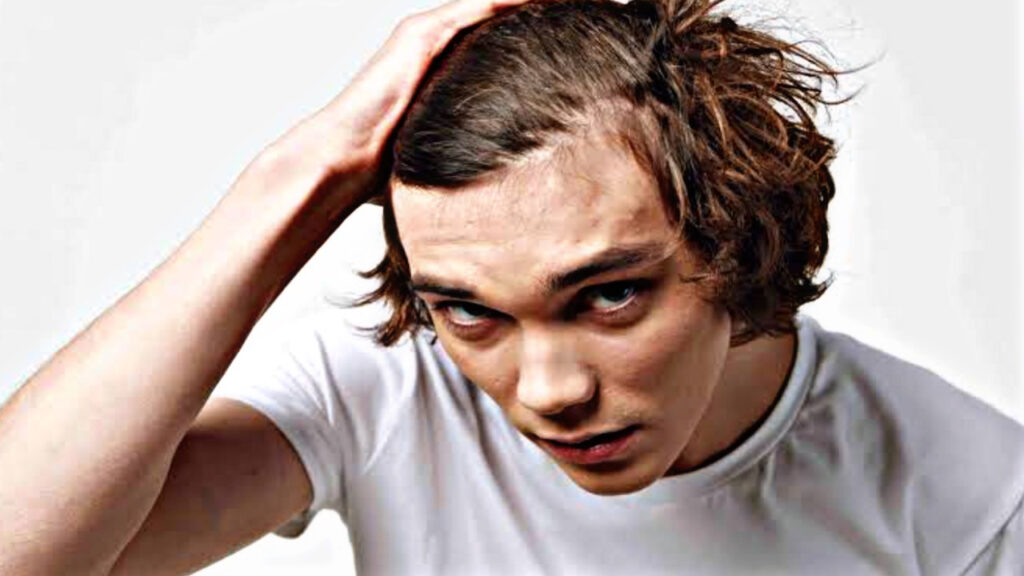
If you’re experiencing hair fall at a young age, it’s essential not to ignore it. Early action can prevent long term hair damage and restore hair health. Let’s explore some of the most common hidden causes of hair fall in your 20s and 30s.
1. Nutritional Deficiencies
Poor diet is one of the biggest contributors to early hair fall. In today’s fast-paced lifestyle, young adults often skip balanced meals, leading to deficiencies in essential vitamins and minerals like iron, vitamin D, zinc, and biotin. These nutrients are crucial for hair growth and scalp health. Without them, hair follicles weaken, causing increased shedding.
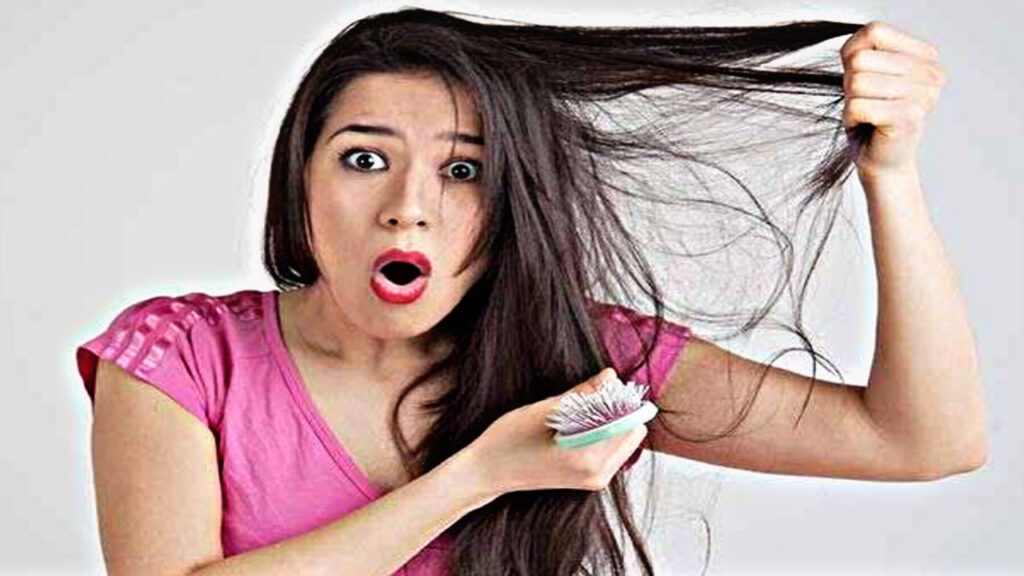
2. Stress and Anxiety
Chronic stress whether due to studies, work pressure, or personal issues can severely impact your hair health. Stress triggers a condition called telogen effluvium, where a large number of hair follicles enter the resting phase and fall out after a few months. Mental health and hair health are closely linked.
3. Hormonal Imbalance
Hormonal changes in the body, especially in women, can lead to noticeable hair fall. Conditions like PCOS (Polycystic Ovary Syndrome) or thyroid disorders can disrupt the hormonal balance, affecting hair growth cycles. In men, an increase in DHT (dihydrotestosterone) levels can lead to male pattern baldness even in the late 20s or early 30s.
4. Excessive Use of Hair Products and Styling Tools
Frequent use of heat styling tools, hair coloring, and chemical-based hair products can weaken hair strands and damage the scalp. Young individuals often experiment with different hairstyles, unaware of the long-term damage they may be causing. Over time, this leads to breakage and hair thinning.
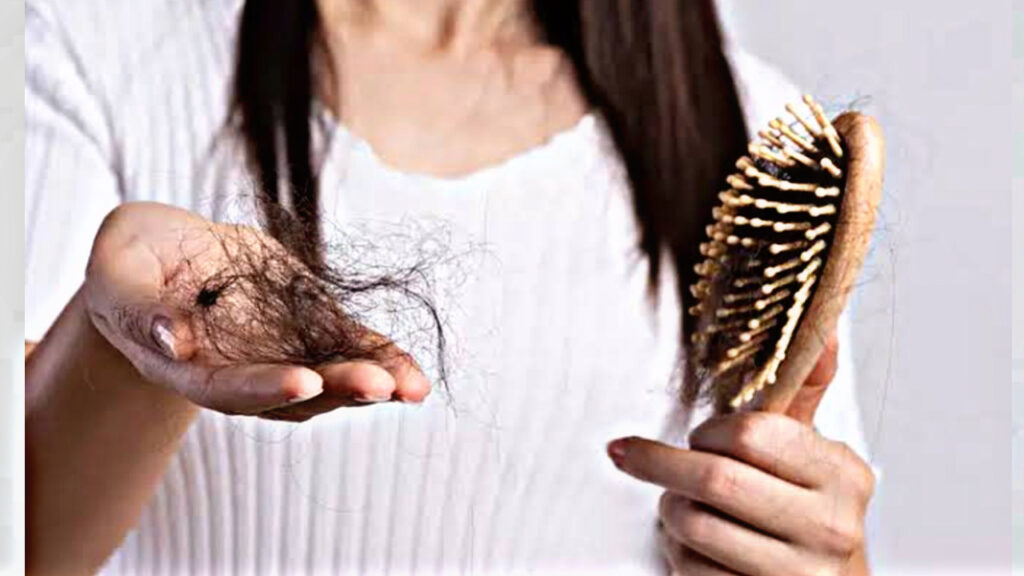
5. Genetics and Family History
If your parents or grandparents experienced early hair loss, there’s a higher chance you might too. Genetics play a significant role in determining the age and pattern of your hair fall. While it can’t be entirely prevented, early intervention can slow down the process.
6. Lack of Sleep and Poor Lifestyle Habits
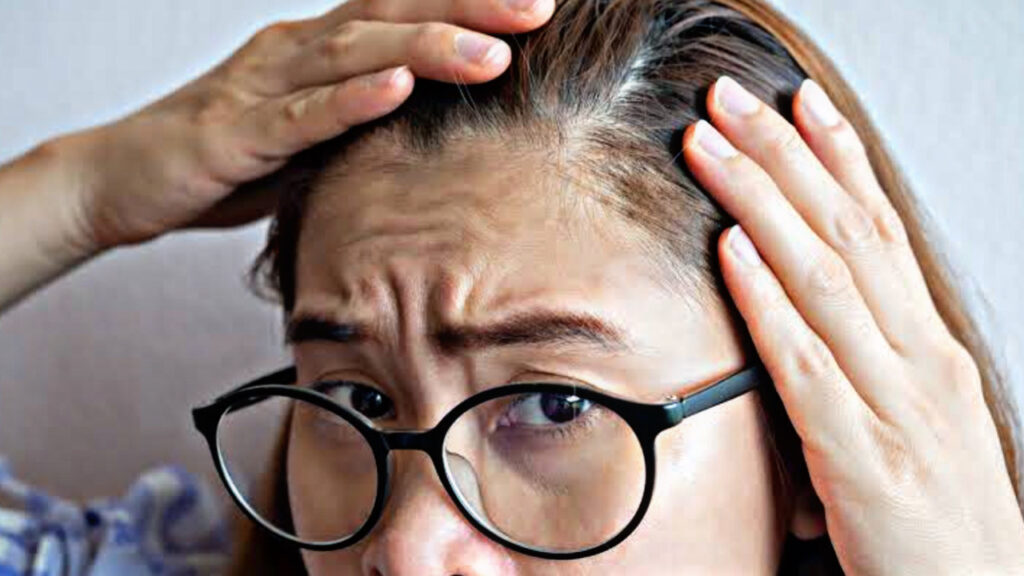
Late nights, irregular sleep patterns, smoking, and high caffeine intake also contribute to hair loss. A healthy body is essential for healthy hair. Lack of rest and harmful habits disturb the natural repair processes of the body, including the scalp and hair follicles.
Hair fall in your 20s and 30s is not something to be taken lightly. Identifying the root cause early and taking corrective action can make a big difference. A balanced diet, regular exercise, stress management, and a gentle hair care routine are essential for maintaining strong and healthy hair. If the problem persists, consult a dermatologist or trichologist to rule out any underlying medical conditions. Your hair reflects your overall health so treat it with care.

